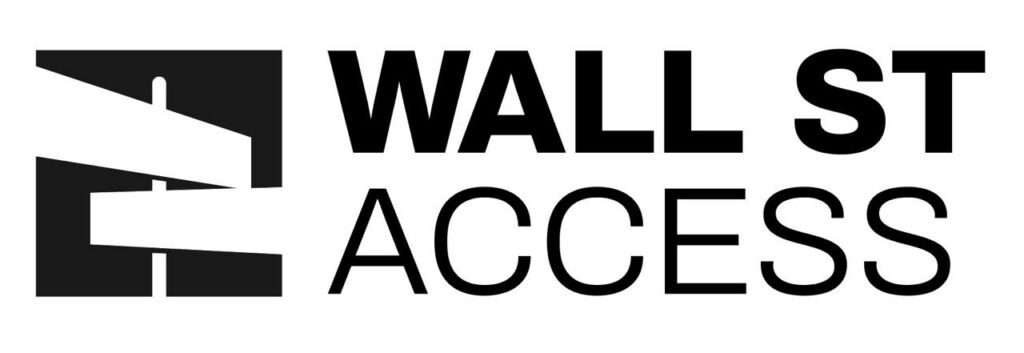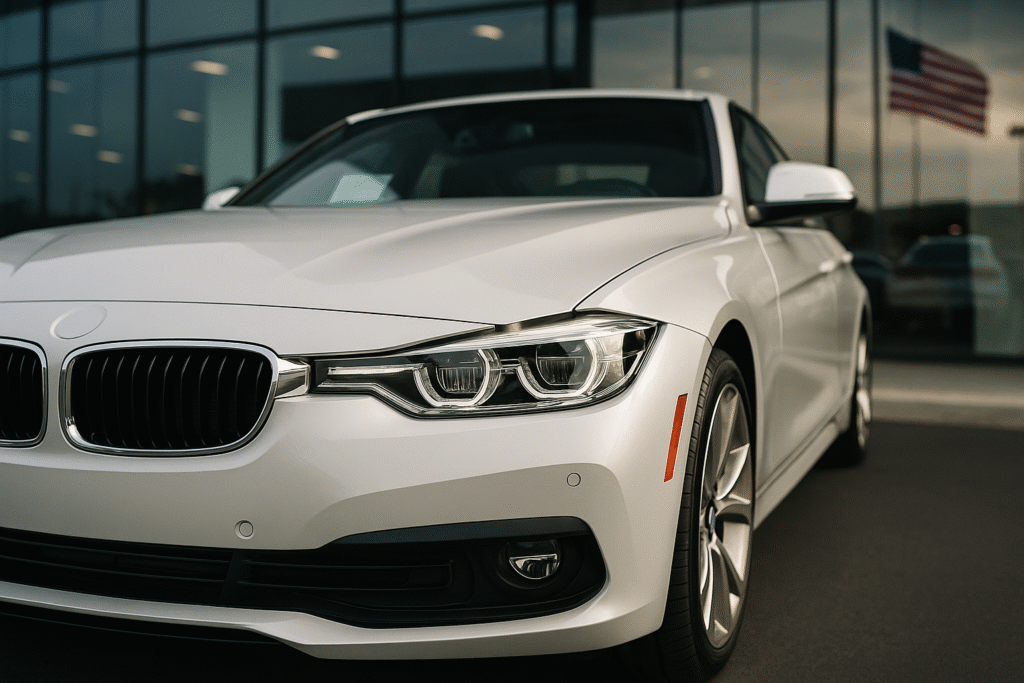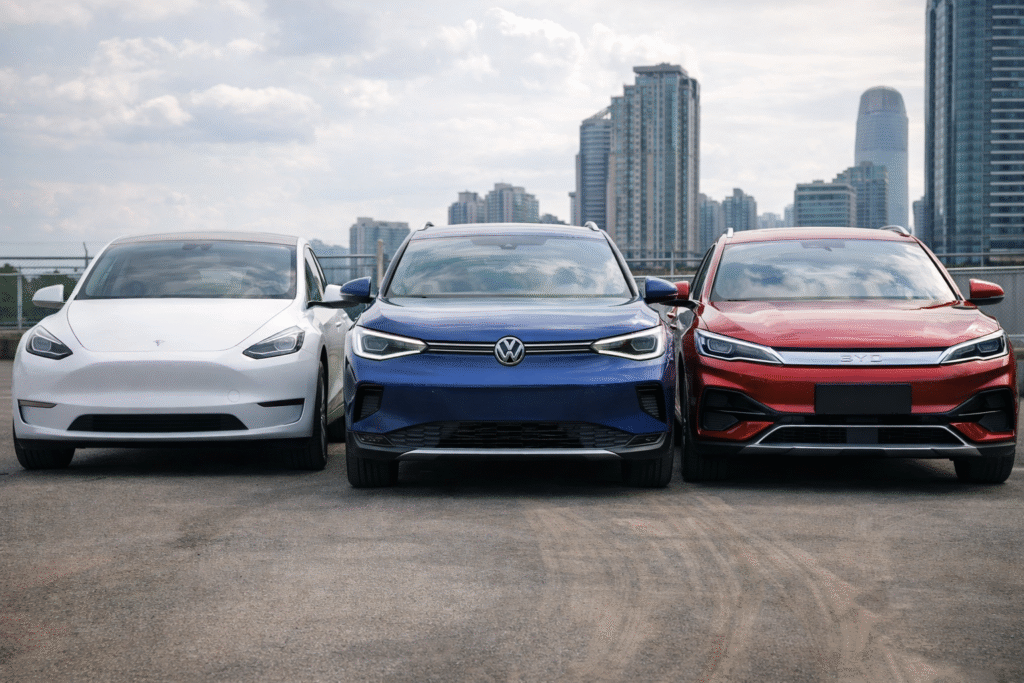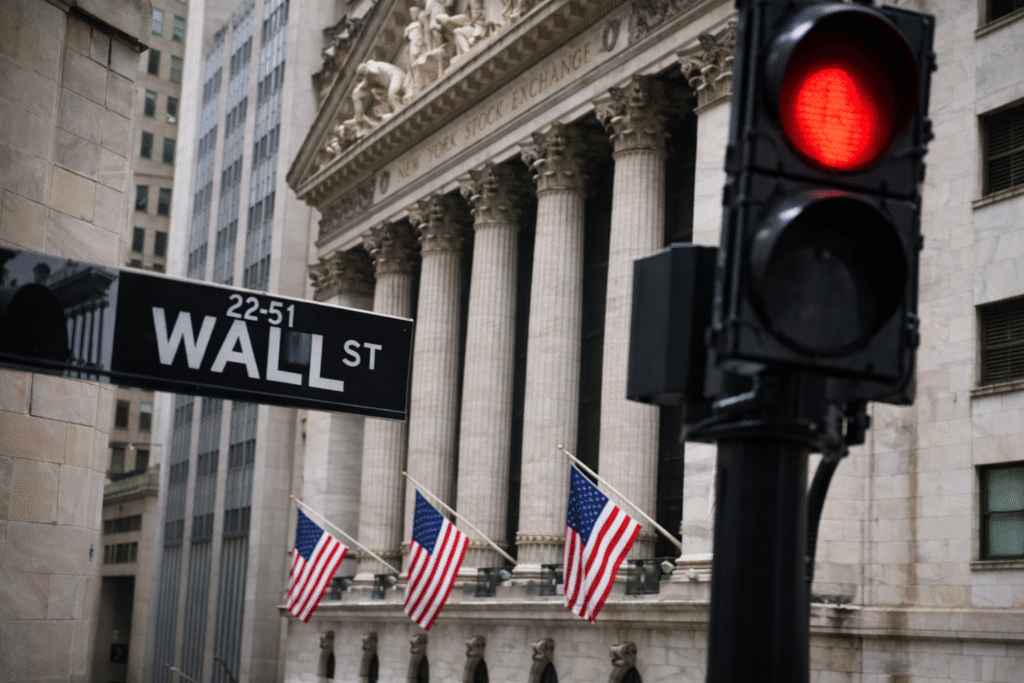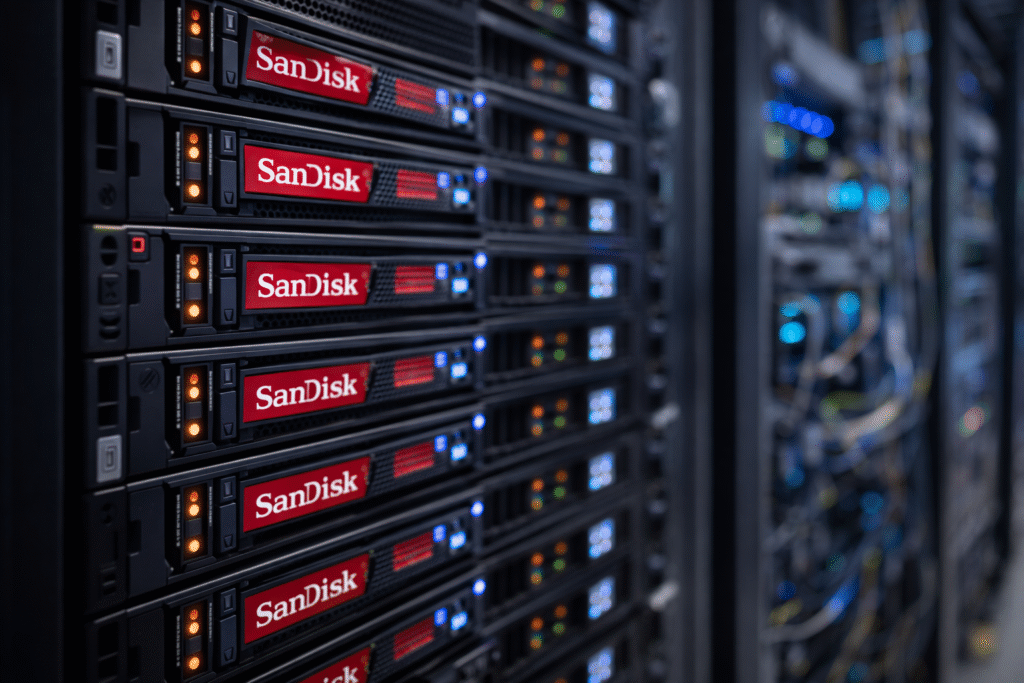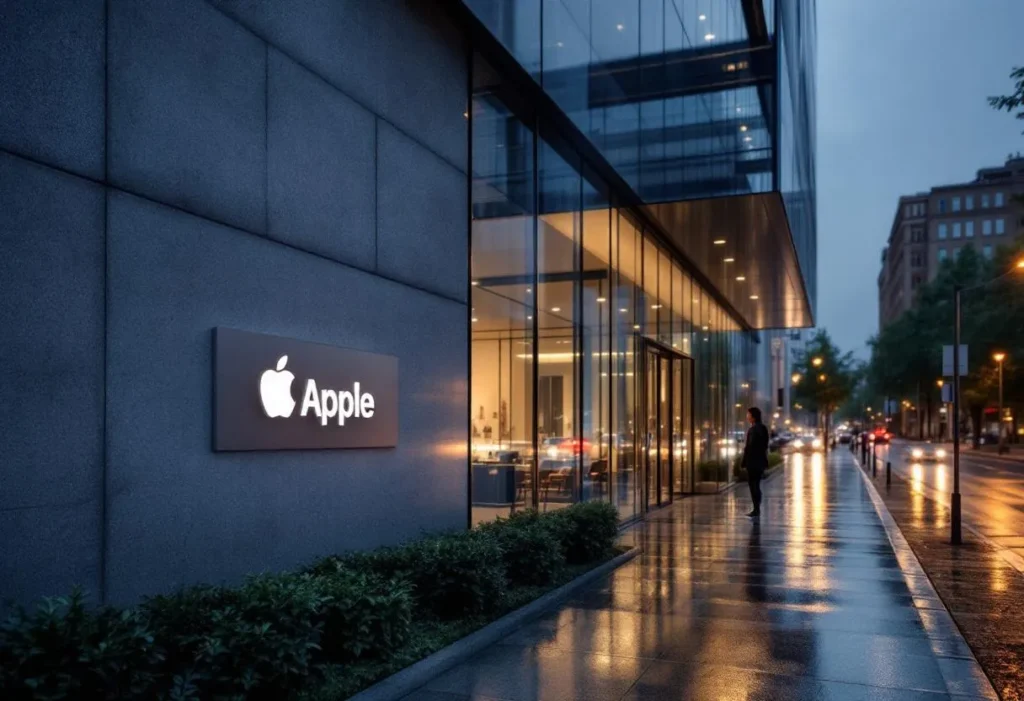New Cars Hit Record Highs
For the first time ever, the average transaction price for a new vehicle in the United States has surpassed $50,000, according to new data from Kelley Blue Book (KBB).
The average sale price reached $50,800 in September — up 2.1% from August and 3.6% year-over-year. That marks the largest single-month increase in more than two years.
The price milestone underscores the widening gap between affluent consumers — who continue to dominate the new car market — and middle-income buyers who are increasingly shut out.
“The best-selling vehicle in America is a pickup truck from Ford that routinely costs over $65,000,” said Cox Automotive analyst Erin Keating. “We’ve been expecting this barrier to break.”
Tariffs and EV Boom Drive Price Pressure
KBB notes that one of the biggest factors behind rising vehicle prices is tariff pressure, which has reintroduced new cost burdens on automakers.
- US–Mexico–Canada trade negotiations remain unresolved, keeping 25% tariffs on many imported vehicles.
- EV adoption has also contributed: the average EV price hit $58,000, with market share reaching a record 11.6%.
- The expiration of the $7,500 federal EV tax credit on September 30 pulled demand forward, temporarily spiking EV transactions.
Even the used car market isn’t immune — up 1% month-over-month and 6% year-over-year, according to Bureau of Labor Statistics data.
Middle-Class Buyers Squeezed Out
Analysts warn that affordable vehicles have all but disappeared.
- The $20,000 new car market is now “extinct,” according to KBB.
- Most budget-conscious consumers are now turning to the used vehicle market, as higher interest rates and tariffs push monthly payments further out of reach.
- The average MSRP — including incentives — climbed to $52,183, a 4.2% increase year-over-year, setting another record high.
“It’s important to remember that the new-vehicle market is inflationary,” Keating said. “Prices go up over time — and today’s market is a reminder of that.”
WSA Take
America’s auto market just hit a breaking point. A combination of tariffs, luxury trends, and electric vehicle inflation has priced out everyday buyers, turning what was once a middle-class milestone — buying a new car — into a luxury purchase.
Expect more consumers to delay new car purchases or shift to used vehicles until pricing normalizes. Meanwhile, EVs continue to lift the average cost higher as automakers chase margins over affordability.
Readour latest coverage on the AI infrastructure boom reshaping energy and technology.
Explore more market insights on the Wall Street Access homepage.
Disclaimer
Wall Street Access does not work with or receive compensation from any public companies mentioned. Content is for educational and entertainment purposes only.
